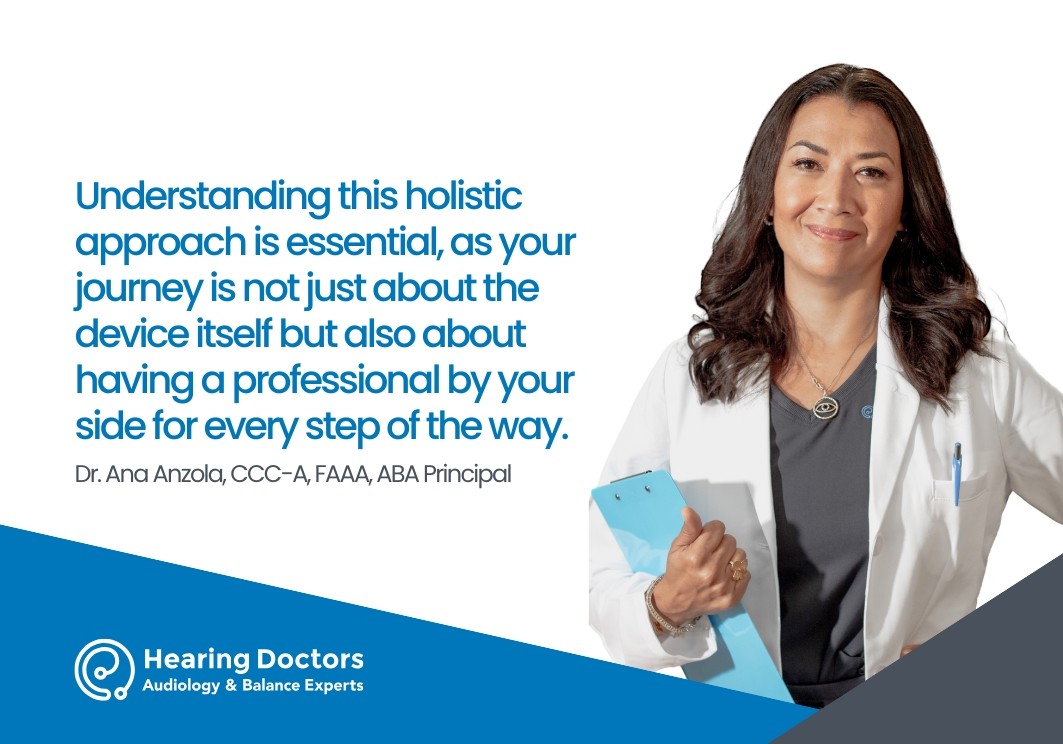May 23, 2014
Dr. Ana
Anzola, CCC-A, FAAA, ABA Principal
Your pets and your kids are similar in many ways – they are cute, full of love, and they will eat whatever they can get their hands (or paws) on. Crayons, cheerios or dirty old sneakers – if they can get it in their mouth, they’ll eat it!
Hearing Aids Are Dangerous If Swallowed
That is why it is particularly important to store your hearing aids properly when you have pets in the home. A pet that swallows a hearing aid or hearing aid battery could be at risk for serious complications.
Signs Your Pet Swallowed A Hearing Aid Or Battery
When an animal swallows a hearing aid or battery, the symptoms or signs of distress may not be evident for up to 12 hours. There are several symptoms to be on the lookout for if you suspect your dog or cat has swallowed your hearing aid or hearing aid battery:
Tongue is either whitish-gray (from dead skin) or red and raw
Vomiting or drooling more than normal
Whimpering or more quiet than normal
The animal won’t eat
Call The Veterinarian
If you suspect or know that your pet has swallowed your hearing aid or the hearing aid battery, take them to the veterinarian immediately. Alkaline batteries can burn the tongue, throat and stomach, and battery pieces in the stomach may need to be removed with surgery.
Store Hearing Aids Safely
To avoid the scare – and expense – of losing a hearing aid down the throat of your trusty pet, take care to put your hearing aids and batteries where your pets can’t reach them. Drawers, cabinets and containers that close are the safest places for your hearing aids when you’re not wearing them. Bathroom counters and bedside tables are popular places to keep hearing aids when you take them out, but those places are unsafe because the hearing aids can easily be knocked onto the floor and into the curious mouth of your cat or dog.
Safely Dispose of Hearing Aid Batteries
In addition to keeping your hearing aids and batteries safe when you’re not using them, be sure to safely dispose of your hearing aid batteries when they run out. Look up what the regulations are in your local area for battery disposal, or find a local hardware or electronics store that will safely dispose of your batteries for you.
While hearing aids are perfectly safe for you to use, they can do a lot of damage if swallowed by one of your pets. Keep your animals healthy, and your hearing aids safe, by storing the hearing aids and batteries in closed cupboards or containers and disposing of the batteries safely and securely.
Popular Blogs

Jun 3, 2025
Dr. Ana
Anzola, CCC-A, FAAA, ABA Principal
Understanding Types of Hearing Loss: Sensorineural, Conductive, and Mixed

May 21, 2025
Dr. Ana
Anzola, CCC-A, FAAA, ABA Principal
What Impact Is Artificial Intelligence Having on Hearing Aid Technology?

Apr 28, 2025
Dr. Ana
Anzola, CCC-A, FAAA, ABA Principal
Do You Think You’re Too Young for Hearing Loss?

Apr 15, 2025
Dr. Ana
Anzola, CCC-A, FAAA, ABA Principal
The Best Hearing Aids in 2025: Insights From a Doctor of Audiology


